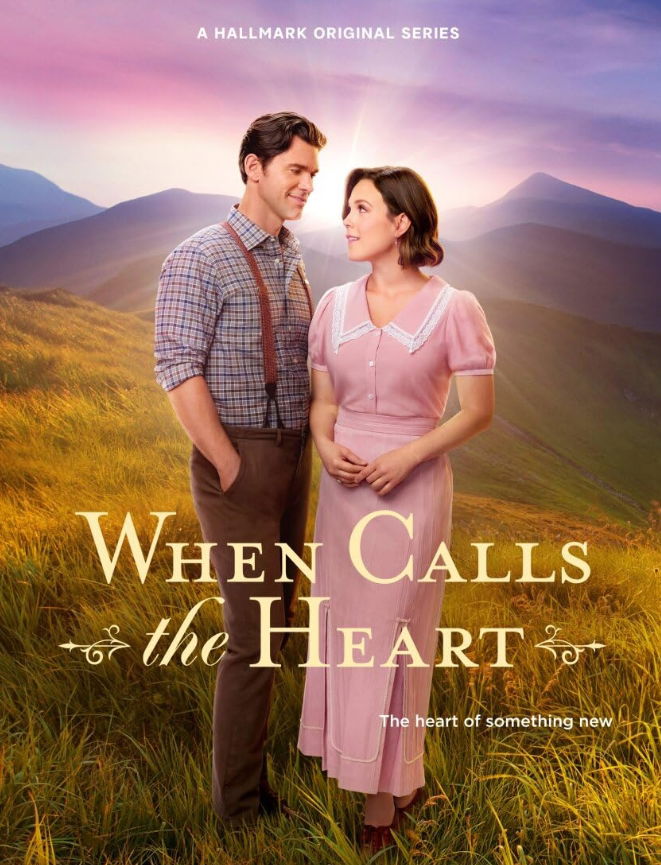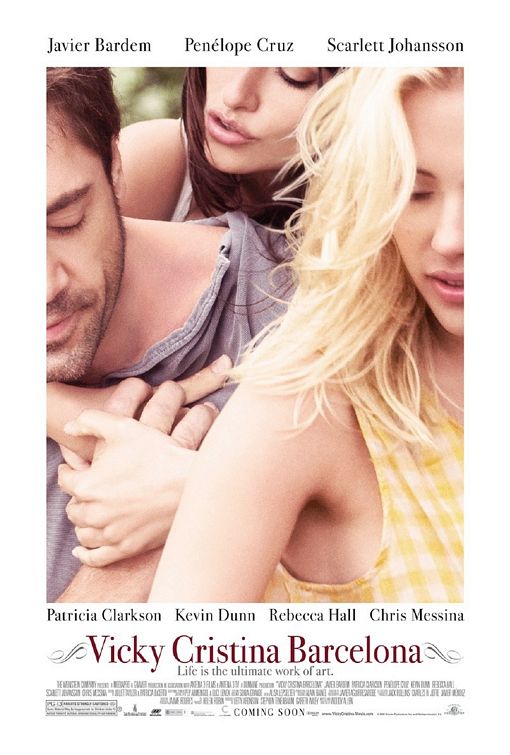“Ultimately Unsatisfying”

| None | Light | Moderate | Heavy | |
|---|---|---|---|---|
| Language | ||||
| Violence | ||||
| Sex | ||||
| Nudity |
What You Need To Know:
Like too many of Allen’s characters, Vicky and Cristina are two pseudo-intellectual art lovers from the upper middle class. Even the average art movie lover might find these self-absorbed characters unappealing. The movie has moral and philosophical problems. For example, it confuses love and romance with sex and lust. Secondly, while most of the sexual content is implied rather than depicted, the movie shows a couple shots of Cristina passionately kissing Juan Antonio’s ex-wife.
Content:
(RoRo, Co, LL, V, SS, NN, AA, DD, MM) Strong Romantic worldview with some Neo-Marxist implications, but ending is open-ended, so viewers may leave feeling adrift and scratching their heads; 10 obscenities, three strong profanities, 11 light profanities; brief violence includes off-screen suicide attempt, woman threatens people with gun that goes off two or three times, and woman hurts her hand; depicted lesbian kissing and implied fornication, adultery and bi-sexual sex, plus stranger propositions two women; upper female nudity in photo, upper male nudity and some female cleavage; alcohol use and drunkenness; smoking and brief marijuana use; and, jealousy, lying, cheating, attempted adultery, and older woman confesses she loves her husband but is not “in love” with him.
More Detail:
The movie focuses on the romantic misadventures of two young American women, Vicky and Cristina, who decide to take a summer vacation in Barcelona, Spain. Like too many of Allen’s characters, Vicky and Cristina are pseudo-intellectual art lovers from the upper middle class. A nod in the title to the Marxist film theories of famed Russian film director Sergei Eisenstein does not change that fact.
As a narrator explains, Vicky and Cristina are two different people, despite their friendship. Cristina, who likes to take risks, is still searching for what she wants; she only knows what she doesn’t want. Vicky, on the other hand, knows exactly what she wants. In fact, she has made plans for the rest of her whole life. Though she’s working on a master’s thesis on an arcane subject, she plans to get married in the fall to Doug, a Wall Street stockbroker.
One evening in Barcelona, they meet Juan Antonio, a divorced Spanish painter who immediately propositions them for a weekend in Oviedo with his private jet. Cristina is ready to go, but Vicky reminds her and Juan Antonia that she is engaged. Eventually, however, Vicky agrees to travel with Cristina while she has her fling with Juan Antonio. Cristina gets sick, however. This leaves Vicky alone with Juan Antonio, who shows Vicky his sensitive side, which finally seduces her into bed.
Back in Barcelona, Vicky waits for Juan Antonio’s call, but it is Cristina that he calls. (Later, he explains to Vicky that, since she seemed so settled on getting married, he decided not to come between her and her future spouse.) Juan Antonio and Cristina begin an affair. They decide to live together. Their romance gets complicated when his fiery ex-wife, Maria Elena, tries to commit suicide, and Juan Antonio allows Maria Elena to stay with Cristina and him to recuperate. Meanwhile, Vicky still pines for Juan Antonio, even when her fiancé flies out to Barcelona to spend the rest of the summer with her.
Even the average art movie lover might find these self-absorbed characters unappealing. Also, some of the acting is surprisingly lackluster, especially Scarlett Johansson as Cristina, who is overshadowed by Rebecca Hall as Vicky and Penelope Cruz as the ex-wife. Even then, the movie has some moral and philosophical problems. For example, it confuses love and romance with sex and lust. This confusion is never resolved. Secondly, while most of the sexual content is implied rather than depicted, the movie does show Cristina, Juan Antonia and his ex-wife establishing a bohemian ménage-a-trois, with a couple shots of the two women kissing. The bohemian scenes in the movie might indicate a Neo-Marxist viewpoint were it not for the fact that, eventually, even the free-spirited Cristina grows tired of sharing Juan Antonio with his ex-wife. In fact, although Barcelona arouses Vicky and Cristina’s passion, it also leaves them loveless. Thus, both Vicky and Cristina remain unsatisfied. Regrettably, so will most viewers.


 - Content:
- Content: 

